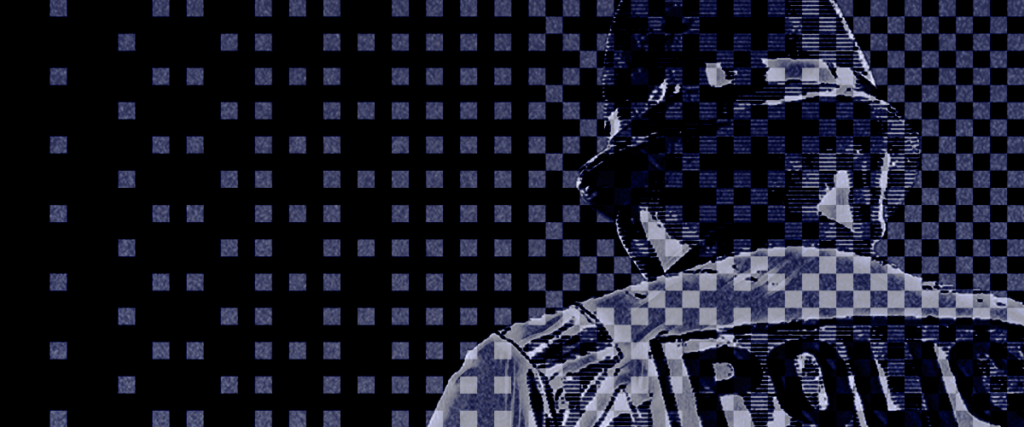
Police must come clean about covert surveillance of journalists
ORG has joined with Committee to Protect Journalists, Amnesty International UK, Index on Censorship and Reporters Without Borders UK to express support for journalists Trevor Birney and Barry McCaffrey, who will attend a hearing of the Investigatory Powers Tribunal in London this week in relation to claims they were targeted by the UK authorities using covert surveillance.
Police accountability under scrutiny
The investigation stems from complaints filed by Birney and McCaffrey to the Investigatory Powers Tribunal (IPT), an independent judicial body charged with looking into surveillance allegations. The IPT is now holding a hearing on the lawfulness of that alleged surveillance.
The case is the first of its kind involving UK authorities and as organisations that promote press freedom, transparency and human rights, we are supporting this case. A free press is essential for an open and functioning democracy.
The use of covert surveillance against journalists who speak to truth to power harms everyone’s right to freedom of expression and information. We are also concerned that it is not only journalists who are subjected to unlawful action by public authorities using covert intrusive techniques involving UK authorities.
The police must come clean; Durham Constabulary and the Police Service of Northern Ireland (PSNI) should reveal the full extent of the covert and intrusive surveillance used to target journalists.
The Investigatory Powers Tribunal has been working on this case for more than three years but this week will be the first hearing. We hope the tribunal will ensure that there is public transparency and accountability when it comes to the details of this case.
Abby Burke, Programme Manager, Open Rights Group, said: “This is a ground-breaking case, and we hope that the IPT will make its hearings public given the serious threat that the covert surveillance of journalists poses to our democracy. They also need to ensure that the police are held accountable for any misuse of their powers.”
About the case
The hearing is part of a landmark case that will test both the legal safeguards for all journalists and the extent of accountability and transparency available.
The UK Investigatory Powers Tribunal is an independent judicial body that provides the right of redress to anyone who believes they have been the victim of unlawful action by public authorities using covert intrusive techniques.
Both journalists have already been exonerated by the former Lord Chief Justice of Northern Ireland, Sir Declan Morgan, in a Judicial Review in 2019 when he ruled that Durham Constabulary and the Police Service of Northern Ireland (PSNI) unlawfully used search warrants to try to identify journalistic sources.
In August 2018, Trevor Birney and Barry McCaffrey were arrested and detained with their homes and offices raided by up to 100 heavily armed police. The two journalists were never charged, and the Judicial Review prompted a public apology from the police and significant damages.
In 2019 the journalists lodged a complaint with the Investigatory Powers Tribunal, five years on it has emerged the PSNI secretly accessed Barry McCaffrey’s phone records and data in 2013 following a legitimate journalistic inquiry to the PSNI press office.
Trevor Birney said: “What we now understand is that the police had a covert surveillance operation on Barry and me. But does that mean our homes were compromised by police? Does it mean they were following us in our cars? Does it mean they have bugged my phone? The police must come clean.”
Barry McCaffrey said: “We are grateful the Investigatory Powers Tribunal has been working on our case for more than three years. We want to find out what has been going on in secret and the hearings next week should be of concern to all journalists. The use of covert powers by the police represents an attack on press freedom and we hope the tribunal will shed light on police action around the time of our film.”
The journalists’ lawyers have demanded that both Durham and the PSNI reveal the full extent of the covert and intrusive surveillance used to target Birney and McCaffrey.
